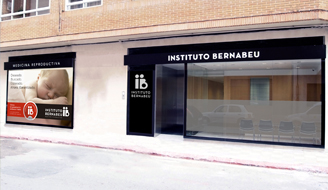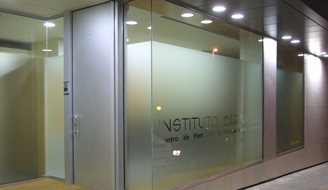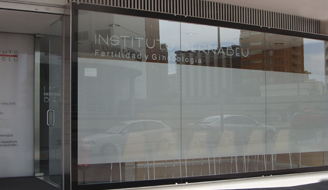A study performed by Instituto Bernabeu researches the use of drugs in patients with poor response under different conditions to those authorised for an IVF programme
Instituto Bernabeu has submitted research work to the 32nd Spanish Fertility Society (SEF) National Congress held in Madrid. The aim of the study is to gain an understanding of drugs under conditions that differ from authorised use for courses of in vitro fertilisation (IVF) in patients with poor response, the frequency with which they are used in these cases and a review of the legal side to their administration. The research work is entitled: ‘Use of drugs under different conditions to those authorised within the framework of a course of in vitro fertilisation: a review of legal aspects and experience of use in patients with poor ovarian response.’
The research work focuses on cases of ovarian stimulation in poor responders when the number of ova in IVF treatment is lower than expected (only three ova or less).
The author of the research, Instituto Bernabeu nurse Tamara Ruiz, points out that, in these cases, when the only alternative left for the patient is to give up trying, strategies for obtaining a larger number of oocytes that differ from conventional stimulation protocols are suggested. She explains that these include the use of drugs under different conditions to those that have been authorised or using medication for a purpose that is not included in the corresponding data sheet. She points out that this may be because there is insufficient evidence on efficiency under these circumstances. Alternatively, it may be because there are insufficient studies since they have been abandoned due to a lack of profitability.
The study analysed 922 cycles over the course of a year and in 21% of those cycles drugs were used under different conditions to those with authorisation on the data sheet. 90% of cases were treated using androgens, 5% with growth hormone and the remaining 5% with letrozole.
Androgens are key in reproductive medicine for follicle development and they improve response to ovarian stimulation. The growth hormone, on the other hand, improves ova quality and the capacity of the uterus to improve implantation. Letrozole, a drug that is used as an adjuvant in women with breast cancer, is used in reproductive medicine to sensitise the ovaries and obtain more oocytes.
From a legal point of view, these drugs are permitted in situations where no alternative therapies exist, or if the doctor justifies the associated advantages and risks. This information must be included in a specific consent form signed by the patients.
The study submitted to SEF by Instituto Bernabeu concludes that the use of drugs under different conditions to those that have authorisation is frequent during IVF. On the whole, patients accept use of these drugs further to receiving medical advice and appropriate information.
Uso de medicamentos en condiciones diferentes a las autorizadas dentro de un programa de Fecundación in Vitro: revisión de los aspectos legales y experiencia de uso en pacientes con baja respuesta ovárica. Ruiz Jaramillo, T.; Aula Idiaquez, M.; Fernandez Del Olmo, C.; Garcia Amengual, E.; Valencia Lozano, E.; Ogallar Castillo, S.; Ll. Aparicio Aparicio, J.; Bernabeu Perez, R. Comunicación oral.









